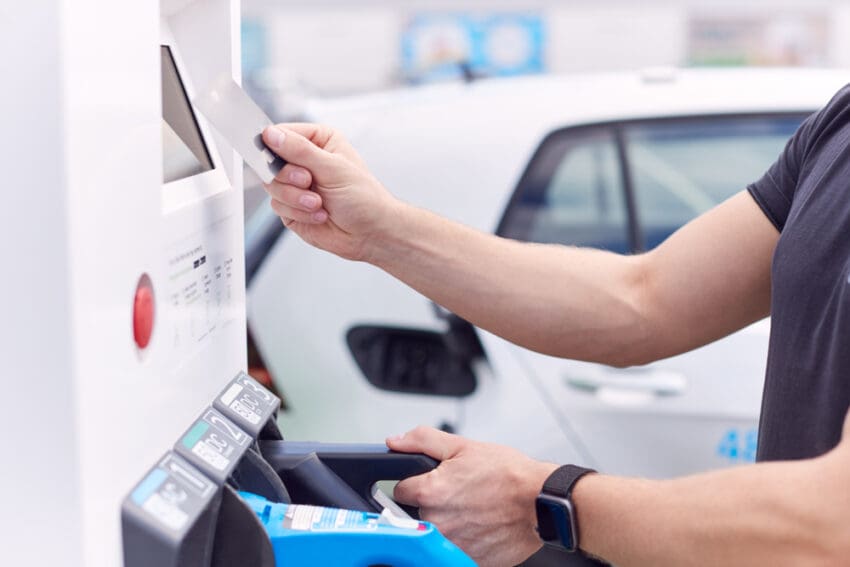
Soaring operator costs ‘could threaten EV transition’
The UK’s charging industry has called for government action to stop ‘sky-high’ energy costs blocking the country’s EV transition.
ChargeUK, which represents the majority of chargepoint operators, has demanded government action on energy costs for public operators after new research revealed they have increased four-fold in recent years.
The bodie’s CEO, Vicky Read, warned that high costs for network operators would inevitably be passed on to drivers, threatening to price some people out of switching to EVs.
According to the ChargeUK report “Delivering Affordable Charging for All“, standing charges for public network operators have increased by up to 462% in the last four years and account for 70% of their total energy costs. In the same period, the cost to drivers of charging in public has rise on average 38%.
The report said that the sharp increase in fixed charges, along with rising wholesale energy prices were central to the increased cost for motorists. It called on the Government to step in and rethink regulation to slash standing chargers, ease green levies, and to bring tax on public energy costs in line with domestic rates.
Vicky Read said: “If the Government wishes to ensure that the cost of charging does not become a barrier to millions more drivers switching to EVs, it needs to take action – to tackle sky-high energy costs, to address the VAT penalty and to introduce EV charging to its existing renewable fuel credit scheme.”
She added: “The EV transition is well underway, with a quarter of all new cars sold an EV, and the public charging network hitting 85,000 charge points this month. Most drivers can already charge affordably, and the charging sector is innovating to offer additional ways to access cost-effective options. But the public charging sector has been hit by a series of policy and regulatory decisions that have caused our own costs to soar, with an unavoidable impact on some driver prices.”
While home charging on an EV tariff allows drivers to top up for as little as 7p per kWh, the average cost on a rapid or ultra-rapid public charger is 76p/kWh, and even slow chargers such as kerbside or destination devices, cost an average of 51p/kWh. That threatens to make EV ownership too expensive for the estimated 40% of households without off-street parking.
ChargeUK argues that by bringing VAT on public energy down from 20% to 5%, the Government could quickly cut costs for drivers by up to £145 a year. Its new report also calls for the acceleration of existing regulatory changes intended to bring down standing charges and to extend policy levy exemptions to the charging sector ahead of planned increases.
It also suggests that EV charging should be added to the Renewable Transport Fuel Obligation which covers fossil fuels, allowing charging operators to make money by trading compliance certificates with fuel companies.
Read added: “Our members are committed to ensuring that all drivers can charge affordably across the mix of charging options available to them. So today we are setting out three deliverable actions for government, which address or compensate for high and rising costs that are outside our control.
“The Government has already recognised that affordability is key to this EV transition, and has taken action, launching the Electric Car Grant. We now need ministers to focus on addressing the business costs impacting affordability of charging, so that we create the best possible conditions for drivers to make the switch.”